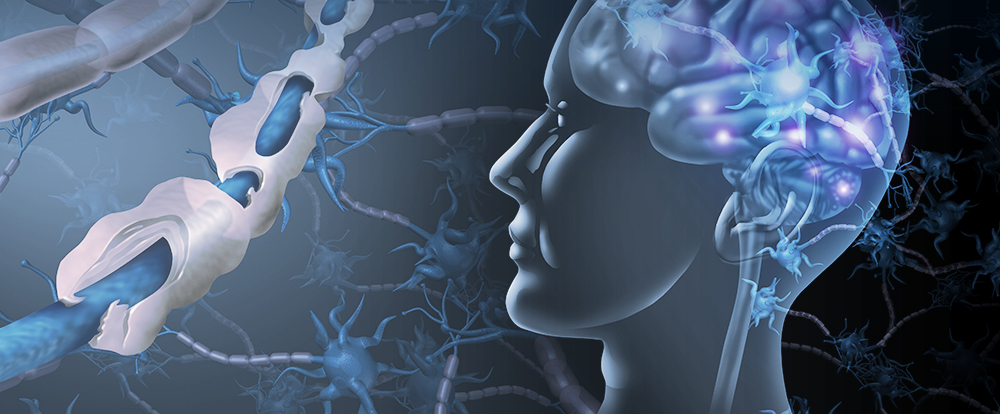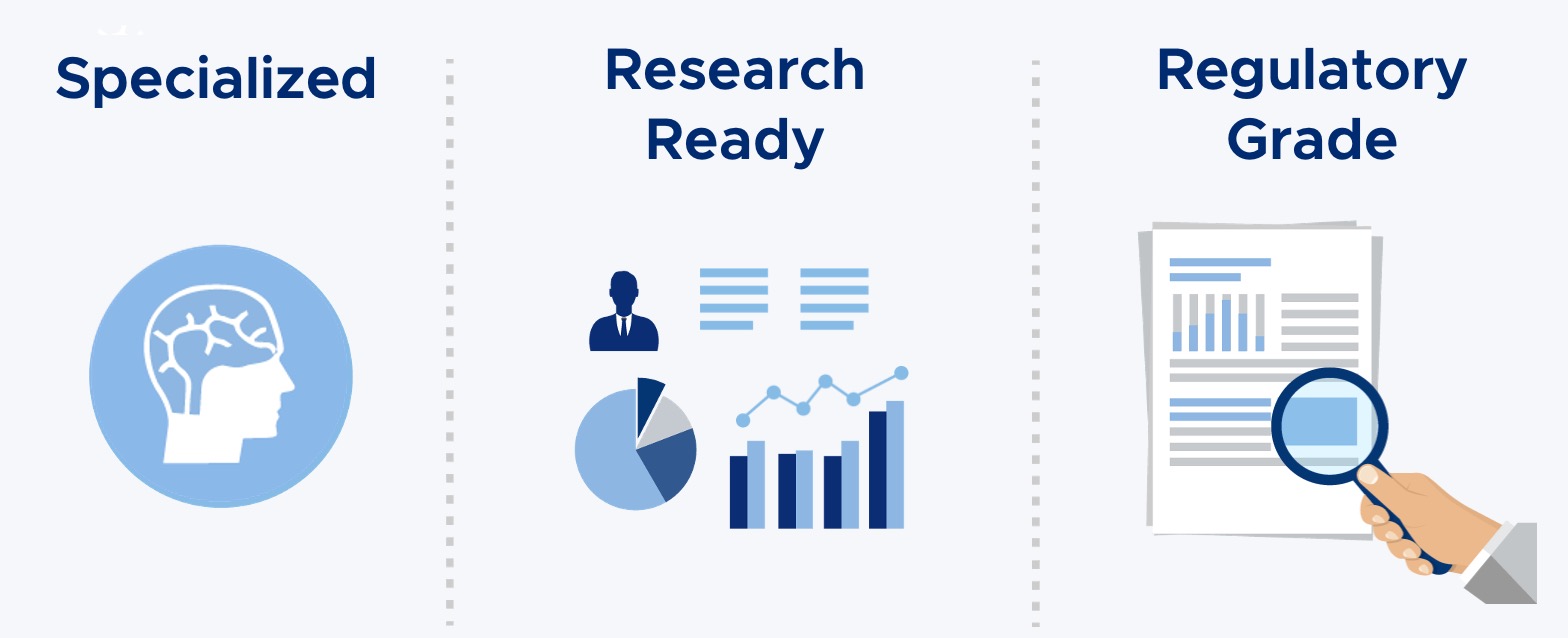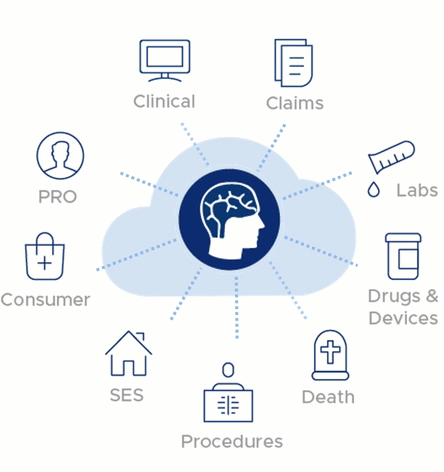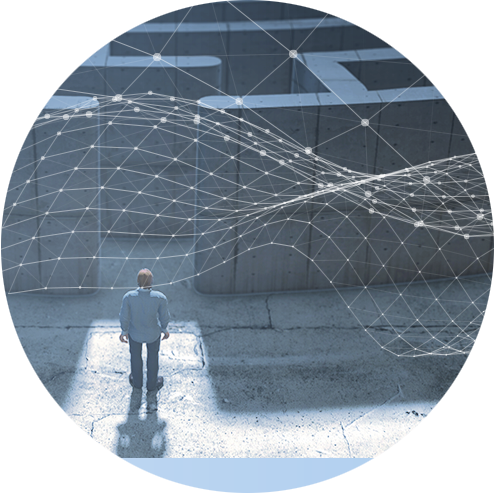Mental Health and Neuroscience

Addressing an epidemic
Mental health disorders now constitute a national crisis. These conditions rank at the top for both high unmet needs and total healthcare spending. Yet, despite increased clinical development of new treatments, high quality insights from research to enable market adoption, broaden payer coverage, and personalize care are lacking or have been difficult to attain.
From evidence to insights

USE CASE
Burden of illness – mental health disorders in MS patients
Identify the population of MS patients with comorbid mental health conditions and understand unmet mental health intervention and impact on disease activity.
LEARN MORE

USE CASE
Evaluate treatment response and utilization in schizophrenia patients
Evaluate the side-effects (including weight gain and other risk factors) and costs associated with use of second generation antipsychotics.
LEARN MORE

USE CASE
Predict treatment resistance for depression
Predict which Treatment Resistant Depression (TRD) patients are at higher risk of excess resource utilization, using pre-treatment information to inform case management.
LEARN MORE
Award-Winning Research Team
Our team of award-winning researchers has authored hundreds of publications, including scientific posters, articles in peer-reviewed journals, white papers, and books.








